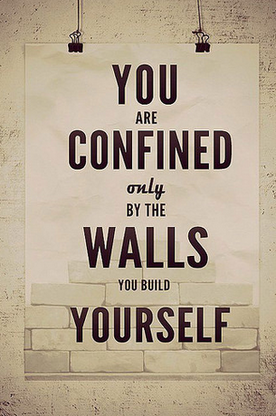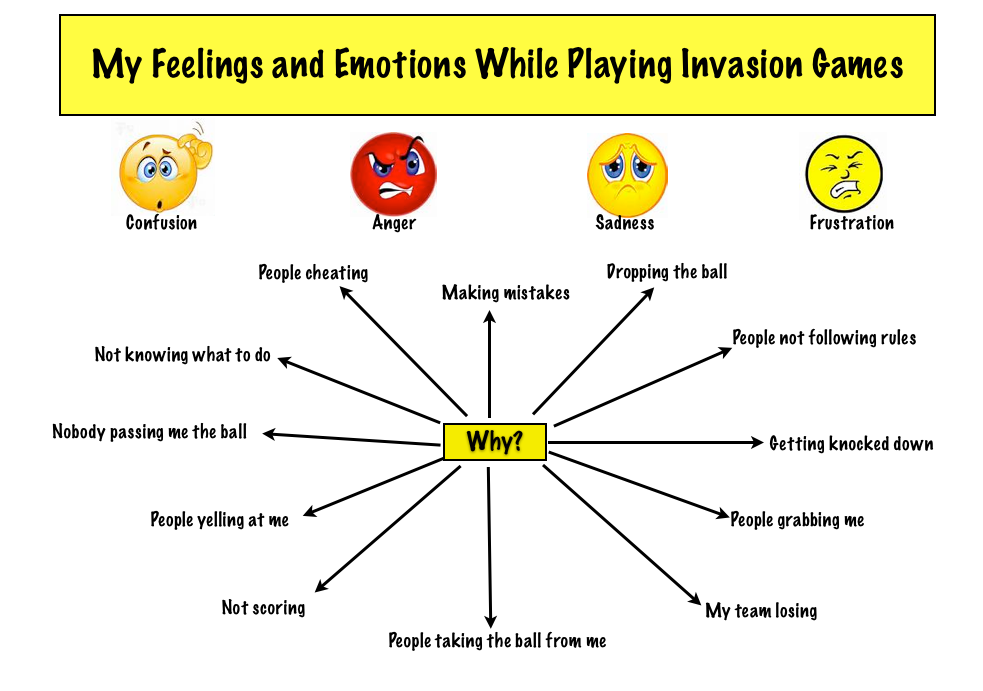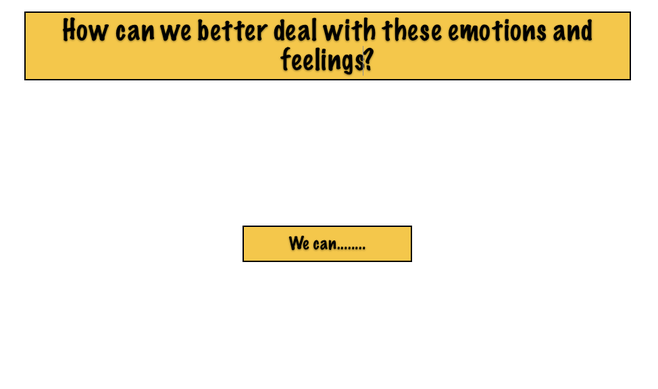Product or Process: What defines your teaching more? Image taken from work of Jay Willis and can be found here https://www.flickr.com/photos/98323572@N04/ Image taken from work of Jay Willis and can be found here https://www.flickr.com/photos/98323572@N04/ As 2014 comes to a close, I continue to reflect on whether or not we are closer to defining exactly what a quality physical education experience is all about for our students. When I look at my own program, I think it is safe to say that my heart is in the right place and I constantly endeavor to provide my students with the very best learning experiences possible. I can say this and believe it, but I know for a fact, that there are definite things that I can do that will make me a better educator. At this point in my career, it’s not only about specifically defining why I do what I do, but more about providing sound pedagogical justification for the way I deliver my elementary PE program. This is only possible by aligning my vision, philosophy, and delivery with certain models of education that are rooted in sound research. I have no doubt tweaked and modified many things that I do in PE over the years, but in my endless pursuit of mastery in teaching, I find myself narrowing down on what is critically important in (physical) education. The work of Daniel Pink, Seth Godin, Malcolm Gladwell and Simon Sinek has forever changed me as an educator and their main messages have nothing to do with the subject area that I have devoted my life to, yet has everything to do with me being the very best physical educator I can be. What I’m finding out more and more is that our society and education, in particular, is so obsessively fixated upon product that the beauty of the process and the journey is being forever overlooked and pushed aside. It takes a certain amount of courage to not allow ourselves to be defined solely by the final product, but more so for how we journeyed through each phase of our own learning. This holds true not only for educators but also students. The common themes of what truly motivate us as humans are the same key fundamentals that shape us as learners. Makes no difference who we are or what we do. I choose to devote the rest of the 2014-2015 school year to focusing on what matters most; creating intrinsically motivated learners who understand the value and power of being physically active for life. I’m certainly not going to achieve this by dictating everything it is that students must know, learn, and do in physical education. Checking boxes and testing isn’t going to do it for me either. What will do it is to consistently provide my students with opportunities to address their own mindset and make important decisions about what it is they want to learn. Autonomy deepens engagement and purpose gives special meaning to their learning journeys. I look forward to seeing how my students progress the rest of the school year. Would love your thoughts. Thanks for reading.
2 Comments
Making each day count is a tough thing to doThere is no question that, as educators, most of us strive to have maximum impact every day that we teach. However, the reality is that bringing that same intensity every day is an incredibly difficult thing to do. Obviously, there are going to be days when we are in the flow and feeling good about our teaching, but other moments can be quite the opposite.
No doubt that there are a plethora of external factors that can disrupt our teaching and lessen the impact that we have. At times irrational constraints and pressures can be thrown our way from a variety of directions including from above. Those making important curriculum and assessment decisions sometimes have no idea of the realities that teachers face in the classrooms and gymnasiums of our schools. Although these factors can be very much outside of our control, we must not forget that, ultimately, the people we serve are our students. Doing what is best for them must always remain of paramount importance in our programs. Often times our biggest obstacle can be ourselves. We must constantly be evaluating our own mindsets, assessing our levels of motivation, and doing whatever it takes to keep our fires lit. Easier said than done? Yes! However, being aware of potential pitfalls and habits that do not serve our teaching well, is an important part of the teacher reflection process. If we are to maximize the impact that we have on our students, we need to care for ourselves first and foremost. So, what are you going to get rid of this week that is not serving you or your teaching well? I'll be thinking about this myself as I enter the last week before holidays. Thanks for reading. Dealing with those tough emotionsIf you've checked out my last blog post, you'll see that I had my grade 2 students complete a formative assessment task that had them zero in on 4 key areas of invasion games. A) To write down everything that they know about invasion games B) To identify which invasion game skill they feel that they are best at C) To describe feelings that they have experienced while playing invasion games D) To write about which type of invasion game that they like the best The information gathered from this assessment has been very valuable in helping me to further design the learning that will take place during the rest of the unit. The biggest finding was that many of the students felt frustration, anger, confusion and sadness while playing invasion games over the past couple of weeks. When I read this on their assessment sheets, I asked them to elaborate on the reasons why they had experienced these feelings. I took all of their ideas and created another slide to add to the invasion games keynote that I had created for last class. At the beginning of today's class, I am going to review what we did last class then have a discussion about the 4 big emotions/feelings that the students have experienced while playing invasion games. The common reasons for the feelings and emotions can be seen in the picture below. My approach in today's class will be to let the students know that feelings of frustration, anger, confusion, and sadness can be natural responses to certain situations when playing games. Even though the emphasis should be on fun and enjoyment, we must learn that the emotions listed above are very much a part of life. The big challenge is for us to figure out the best way to deal with them.
As we move further into the invasion games unit, I think that it is essential to help my students better deal with these emotions. I'm certainly not going to tell them that they have no right to feel these emotions but will strive to give them strategies to better cope when certain situations arise that could potentially upset them. After showing them the above visual in my invasion games keynote, we will move on to the next slide which can be seen below. Over the next couple of classes, we will formulate strategies and understandings that will hopefully help them move forward and learn that the way that they respond to their emotions is more important than the emotions themselves. If I can end this unit with the students understanding these big ideas we will have accomplished a lot. I'll record all of these strategies and understandings and add them to the slide seen below before each class. I'll be sure to blog more about this as the unit unfolds further. |
AuthorKAUST Faculty, Pedagogical Coach. Presenter & Workshop Leader.IB Educator. #RunYourLife podcast host. Archives
September 2022
|


 RSS Feed
RSS Feed